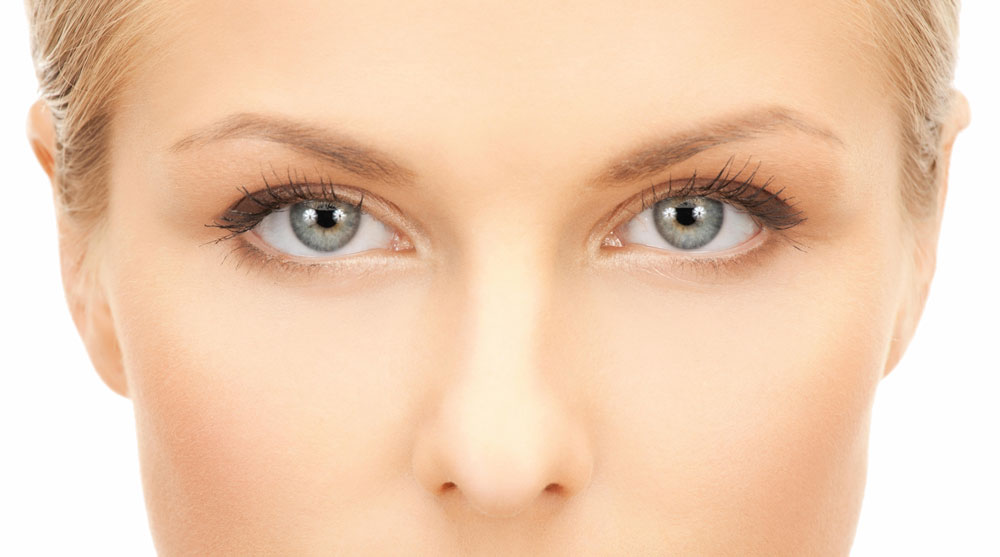
Many know that dry eyes may cause headache, pain, floaters, blurry vision, dizziness, light sensitivity and other eye disorders. But what is it that causes eyes to become dry?
How is dry eye syndrome diagnosed?
Symptoms alone are not enough to make a diagnosis. Everyone is different and the symptoms can vary from individual to individual. Seeing an ophthalmologist is the only way to know for sure whether you have dry eyes and what may have caused it.
They will carry out a thorough examination before dry eye treatment to identify the cause and its severity. Tests will measure tear production, possibly using a dye to make the tear film more visible.
If you are experiencing irritated, painful, red eyes, you could be suffering from dry eye syndrome. Get them checked by a specialist as soon as possible to get the right treatment for you. Book an appointment or walk in and visit us at the New Jersey Eye Center in Bergenfield and Passaic NJ.
What are the causes?
Tears are made up of three elements – water, oil and mucous. The underlying cause of dry eyes is the composition of tears being out of balance. If there is too much water, tears flow away from the eye surface too quickly. They do not remain there long enough to provide moisture.
The oily substance is produced by the meibomian glands. When there is a lack of oil, tears will evaporate too quickly. Meibomian gland dysfunction (MGD) is recognized as being one of the leading causes in many cases of dry eyes.
What other factors contribute to dry eye syndrome?
As we age, there is a decline in the amount of tears we produce. Dry eye syndrome can occur in people of all ages, but those over 50 are more susceptible. Hormones can affect the mix of elements making up our tears. Women who are pregnant or going through the menopause are more at risk.
Computers and smartphones have become a part of everyday life. However, when using these devices, we tend to blink less often. This leads to tears evaporating too fast.
Spending time outside in a dry or windy environment can cause dry eye syndrome. Air-conditioning and heating systems can also alter the speed at which tears evaporate.
Systemic diseases like diabetes and rheumatoid arthritis can contribute to dry eyes. As can some common medications such as antihistamines, pain relievers, beta-blockers, sleeping pills and decongestants.
Can I prevent causes of dry eyes?
There are many ways you can change your habits to help prevent dry eye syndrome. When outside, wear sunglasses to protect your eyes from the sun and other elements.
Artificial tears are readily available over the counter. Regular use will help keep your eyes hydrated and lubricated.
Try including fish oil into your diet. Omega-3 supplements are a great way to do this. They can help with oil content of the tears produced.
Most importantly, take regular breaks when doing tasks that require visual concentration. Using a computer, tablet or reading for long periods at a time will contribute to your eyes drying out. Moving away from what you are doing every 20 minutes will help keep your eyes moisturized.
See a doctor if you would like to know more about what might cause your eyes to get dry.


